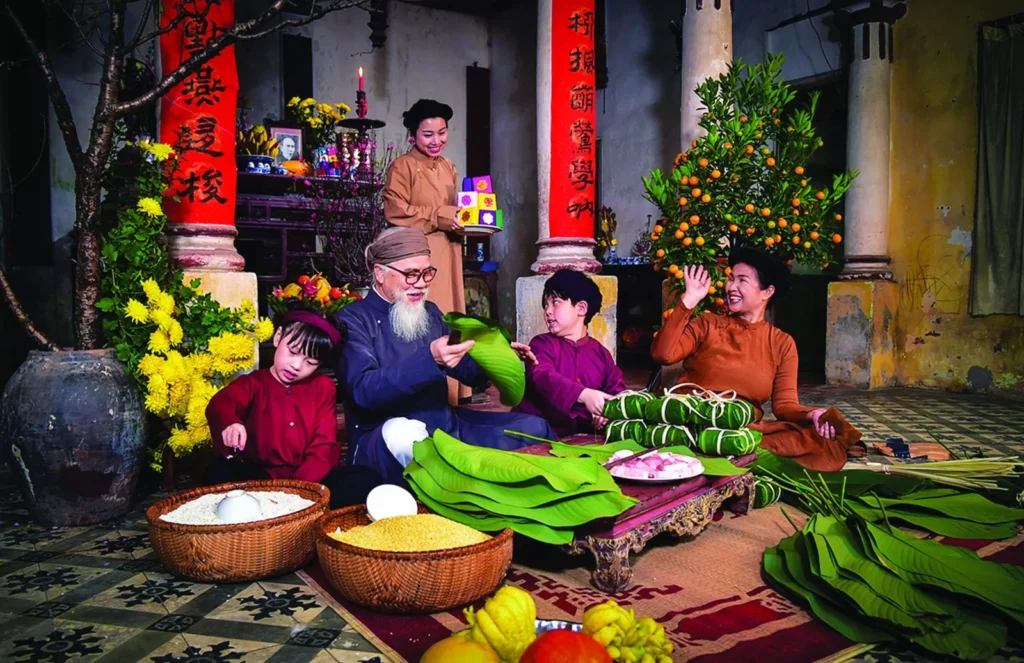Vietnamese culture is one of the most fascinating aspects of any trip to Vietnam. Shaped by thousands of years of history, strong family traditions, and a deep respect for community and nature, it offers travelers a unique and meaningful experience. Understanding Vietnamese culture will help you connect with locals, avoid misunderstandings, and enjoy your journey more fully. Here are the key things every visitor should know before exploring Vietnam.
1. Respect for Elders and Family Values

In Vietnam, family is the cornerstone of society. Respect for elders is deeply ingrained in everyday life. Children are taught to obey and honor their parents and grandparents from a young age. When visiting local families or homestays, it’s polite to greet the oldest person first and use respectful language. Don’t be surprised if multiple generations live under one roof—it’s common and cherished.
2. Greeting and Communication
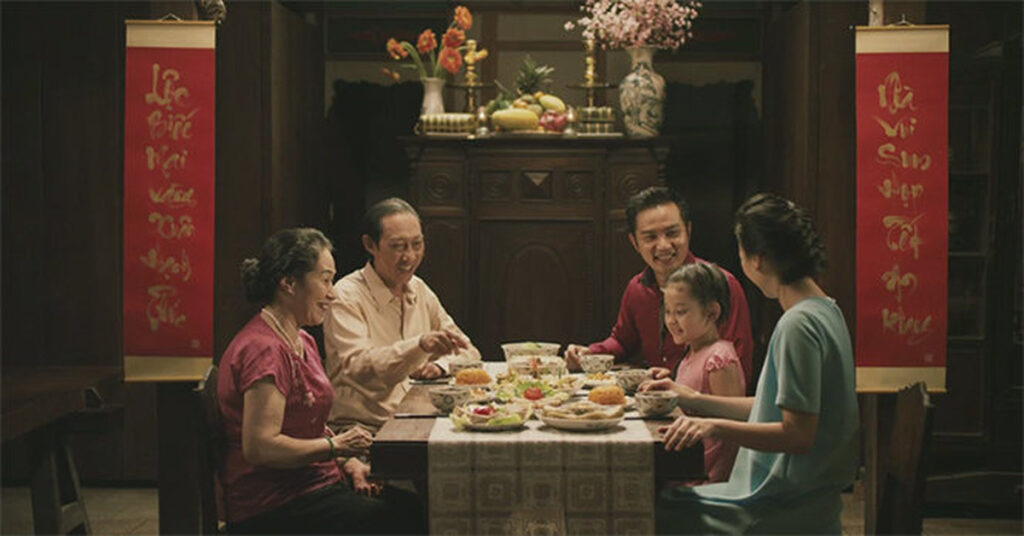
A slight bow or a smile is a typical way to greet people in Vietnam. Shaking hands is also common, especially among men. When addressing someone, use proper titles like “Anh” (older brother), “Chị” (older sister), or “Bác” (uncle/aunt), depending on their age and status.
Vietnamese people are generally friendly and curious about foreign visitors. However, public displays of affection are considered inappropriate, especially in rural areas. Keep your tone polite and calm—direct confrontation or loud arguments are frowned upon.
3. Dress Modestly at Temples and Public Places
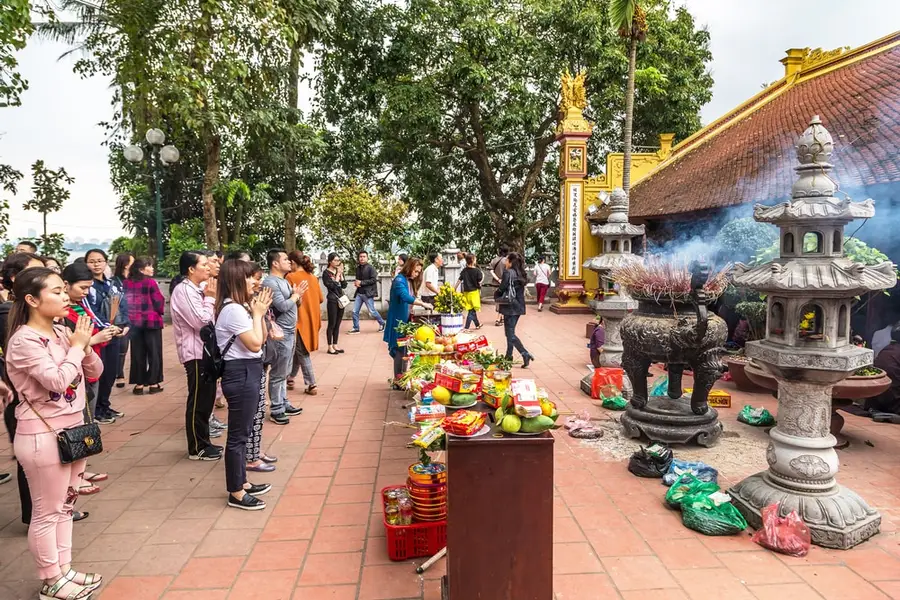
Vietnam is a modern country, but modesty in dress—especially in spiritual places like temples and pagodas—is still expected. When visiting religious sites, cover your shoulders and knees. Removing shoes before entering someone’s home or sacred space is also a sign of respect.
4.Dining Etiquette and Local Food Culture
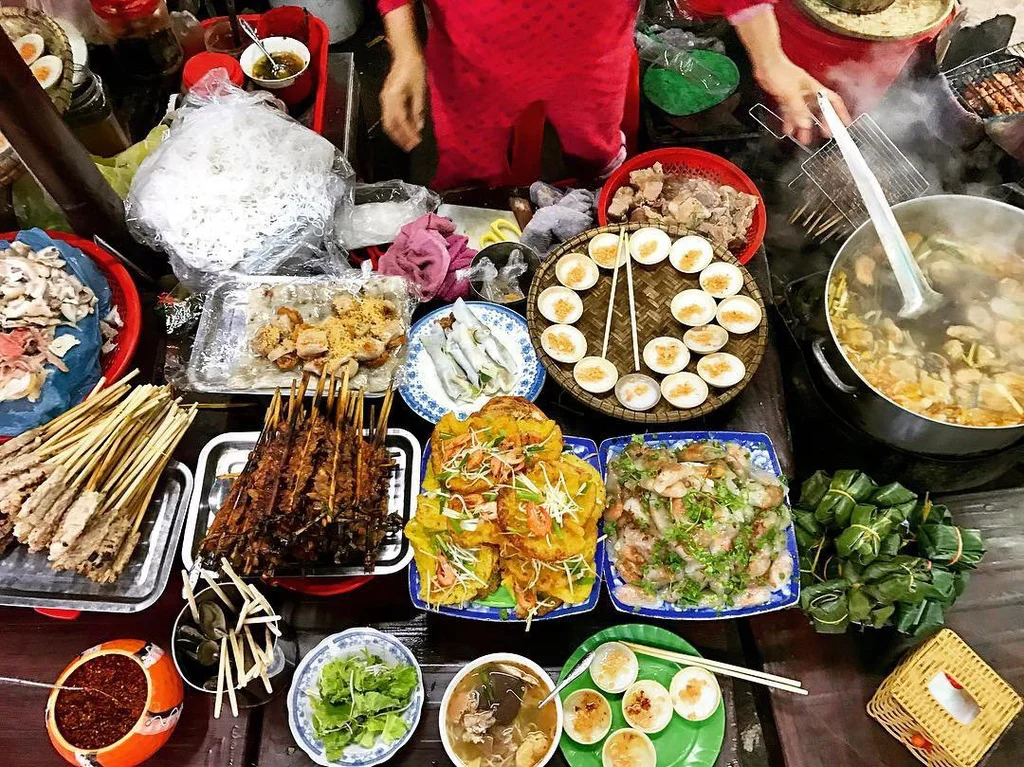
Vietnamese cuisine is a major highlight of any trip, and mealtime is a social experience. Meals are often served “family style” with shared dishes. If you’re invited to eat with a local family, wait for the eldest person to start before digging in. It’s polite to try a bit of everything and compliment the host.
Chopsticks are the main utensils, and it’s considered rude to stick them upright in a bowl of rice—this resembles incense offerings to the dead. Instead, place them neatly on the side when not in use.
5. Tipping and Money Matters

Tipping is not mandatory in Vietnam but is appreciated, especially in tourist areas. Small tips for good service in restaurants, hotels, or by tour guides go a long way. Bargaining is expected in markets, but always keep it friendly and respectful.
6. Festivals and Traditions
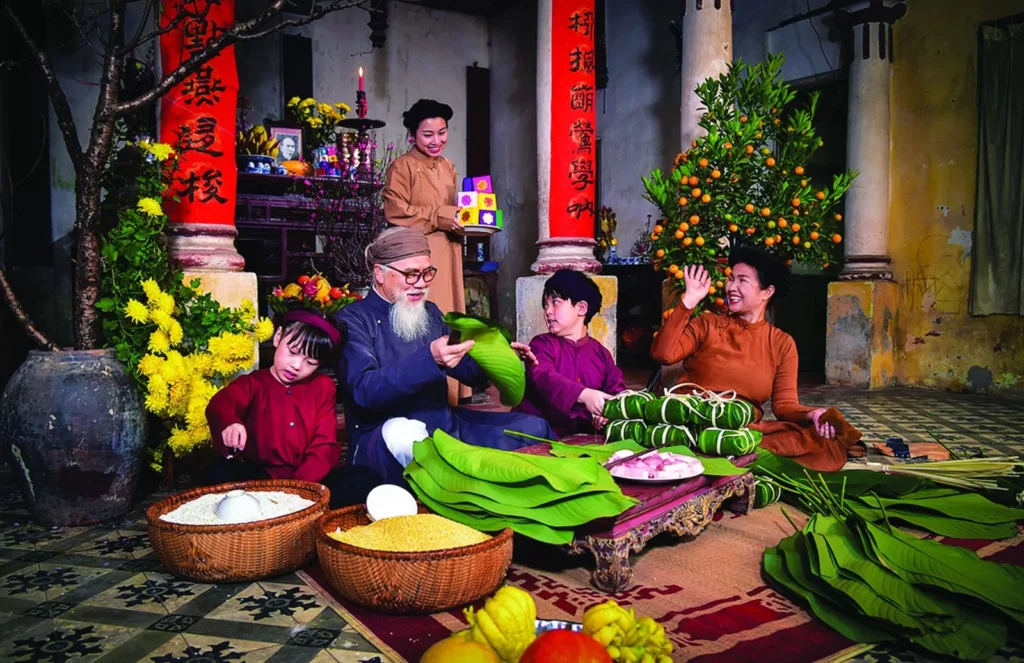
Vietnam has many traditional festivals, with Tet (Lunar New Year) being the most important. It’s a time for family reunions, visiting ancestors’ graves, and celebrating with food and decorations. Other festivals like Mid-Autumn Festival, Hue Festival, and Perfume Pagoda Festival offer a glimpse into Vietnam’s spiritual and cultural life.
If you visit during these festivals, expect colorful parades, music, and special dishes. It’s a great way to experience Vietnamese culture firsthand.
7. Be Open-Minded and Flexible
Vietnamese culture may be different from what you’re used to, but that’s what makes travel exciting. Being open-minded, observing local customs, and showing respect will help you connect better with the locals and make your trip unforgettable.
Final Thoughts
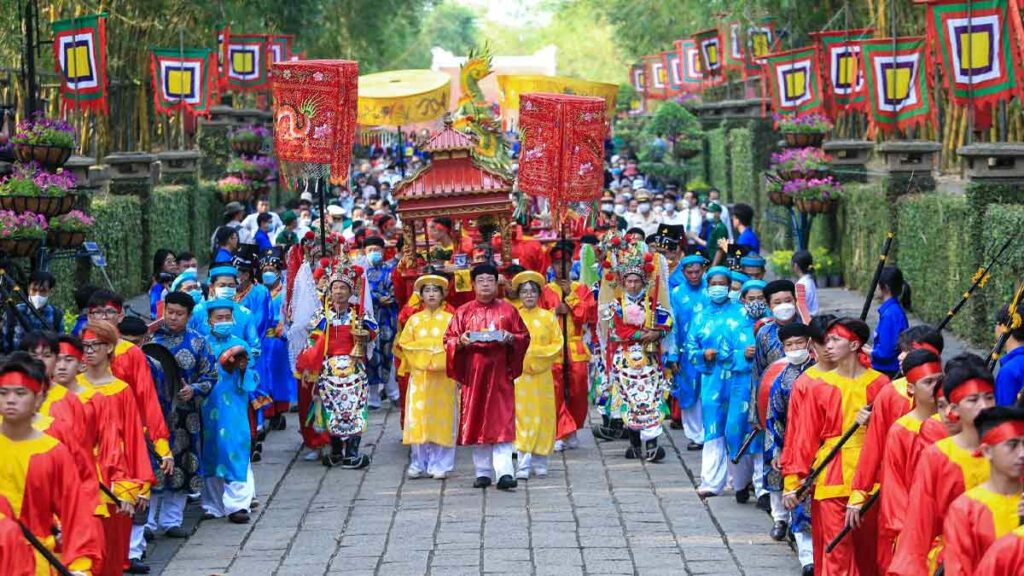
Vietnamese culture is a beautiful blend of tradition, hospitality, and resilience. By understanding and respecting local customs, you not only avoid cultural misunderstandings but also enrich your travel experience.
Whether you’re wandering through ancient temples in Hue, enjoying street food in Hanoi, or cruising along the Mekong Delta, Vietnamese culture will be an essential part of your journey.




